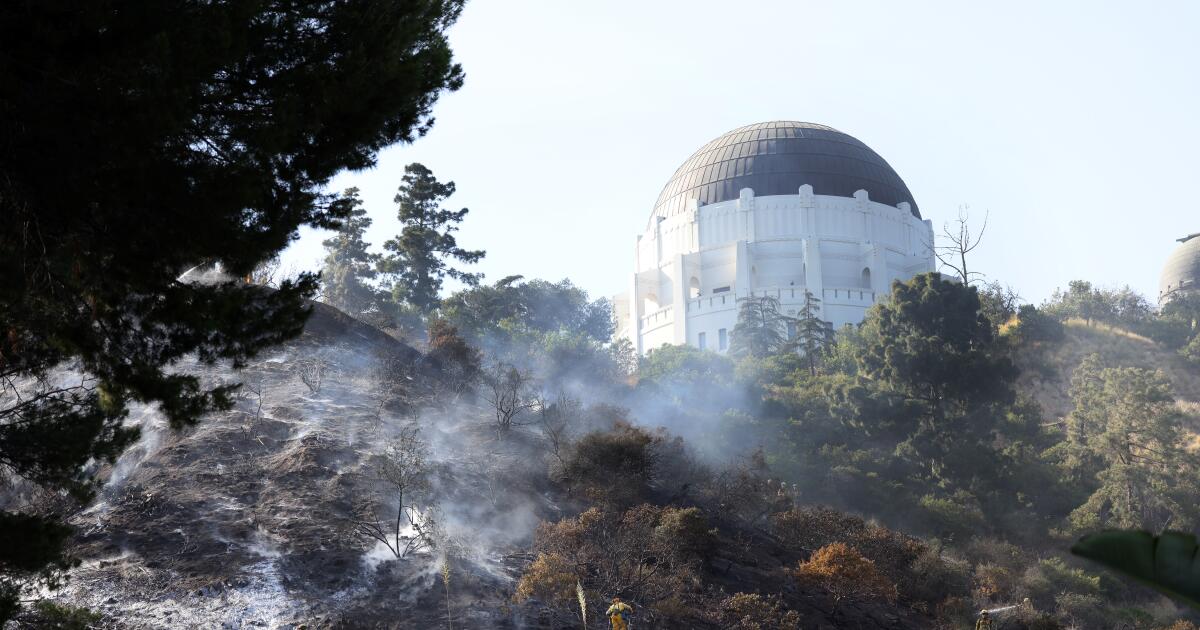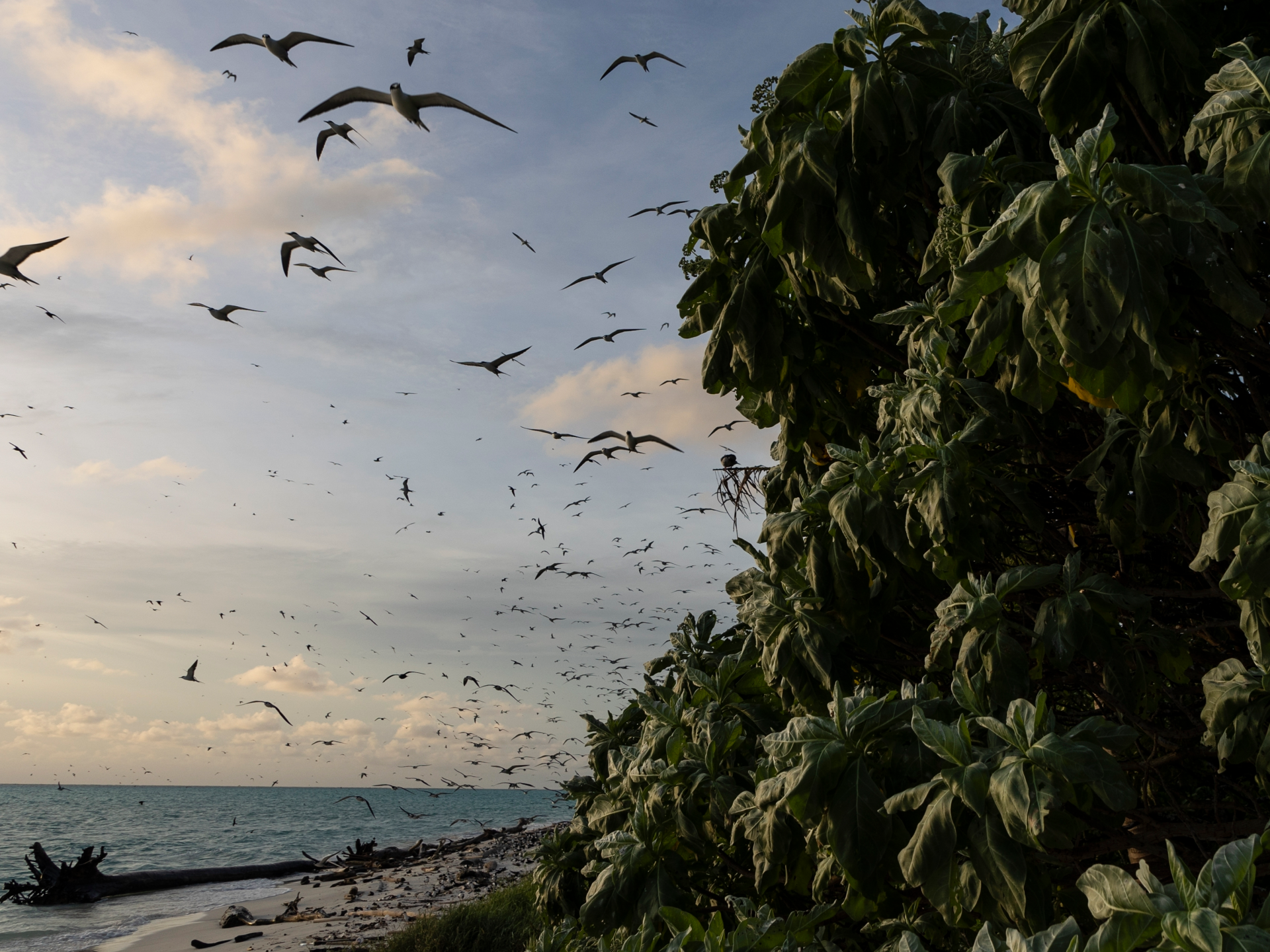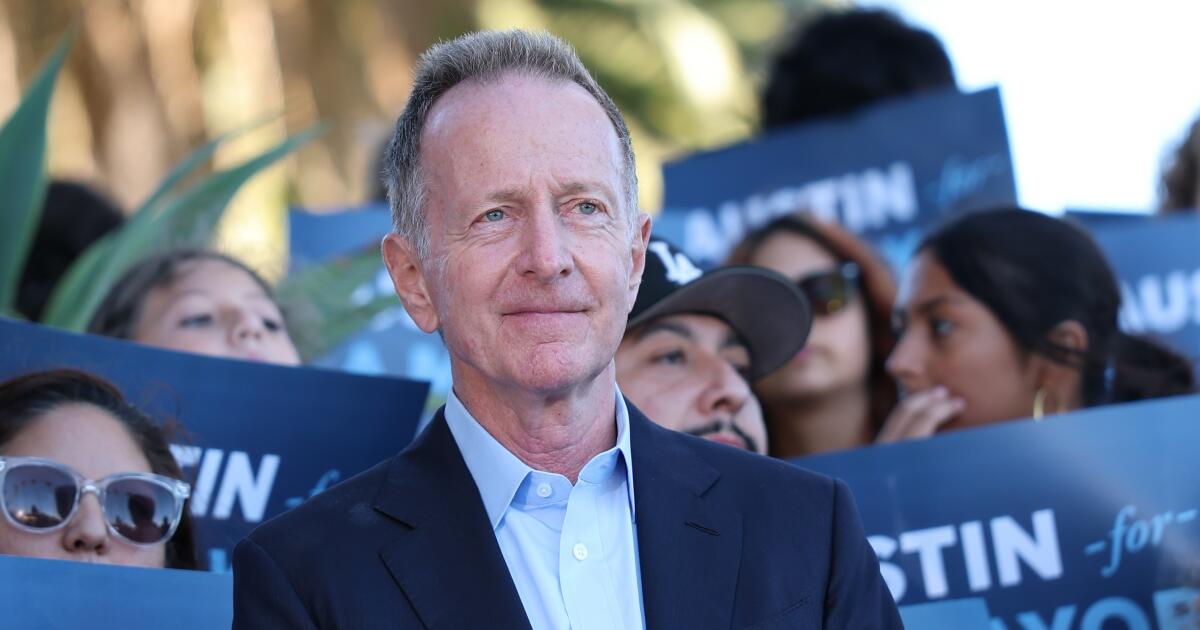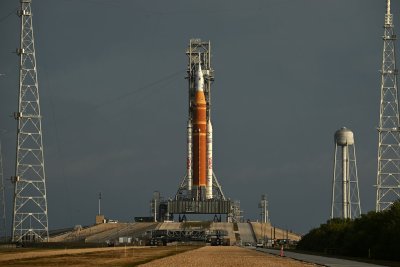Citing fire risk, L.A. city may get more power to remove hillside homeless encampments
Los Angeles city officials may be empowered to remove homeless encampments from hillside areas at severe risk of fire, even without the property owner’s permission, under a proposal that the City Council moved forward on Tuesday.
The proposal would allow the city to remove hazardous materials, including homeless encampments, from private property in hillside areas in “Very High Fire Severity Zones,” including in the Santa Monica and Verdugo Mountains.
By an 11-3 vote, the council directed the city attorney to draft changes to the municipal code, which the council will then vote on at a later date.
“Prevention [of fires] is the most cost-effective tool we have,” said Councilmember Monica Rodriguez, who sponsored the proposal. “When we are in imminent threat of wildfires, especially as it relates to or is exacerbated by these types of encampments, we have a duty to act.”
Rubbish fires, many related to homeless encampments, have skyrocketed over the last several years, according to Los Angeles Fire Department data. Rodriguez said there have been five wildfires in her northeast San Fernando Valley district since she took office in 2017, though none was caused by an encampment.
Between 2018 and 2024, about 33% of all fires in the city, and more than 40% of rubbish fires, involved homeless Angelenos, according to the LAFD.
Rodriguez said the city is often left flat-footed when encampments pop up on hillsides and property owners don’t help address the issue.
“If a private property owner is not responsive, it puts the rest of the hillside community under threat,” Rodriguez said in an interview.
Rodriguez’s motion said it’s often difficult for city departments, including police and fire, to get permission from property owners to enter.
“It can take weeks to determine property ownership and to obtain the necessary signoffs from property owners to access the property, causing unnecessary delays and increasing the risk for a serious fire and threats to public safety,” the motion reads.
Some council members argued that while they agreed with the intent of the proposal, some details needed to be addressed.
Councilmember Hugo Soto-Martínez — who voted against the proposal — said he was concerned that homeless people would end up getting shuffled around the city.
“What I don’t want to see is this being used as a tool to push homeless folks from one side of the street to the other side of the street,” he said before casting his vote.
Soto-Martínez said he wouldn’t vote for the proposal until the city developed a definition of what a fire hazard is.
Councilmember Ysabel Jurado also voted against the proposal, saying she wanted the council to do more research before changing the municipal code.
Councilmember Eunisses Hernandez was the third “no” vote.





